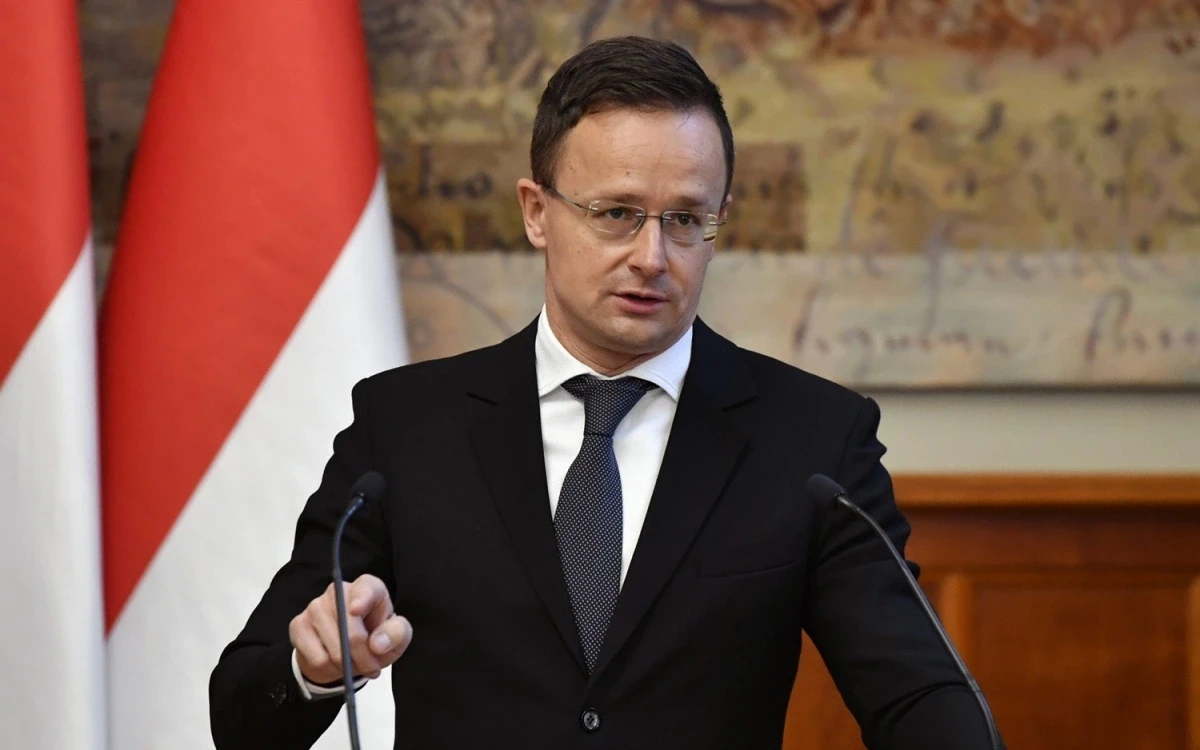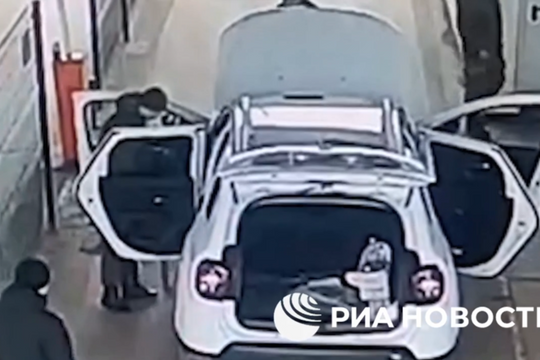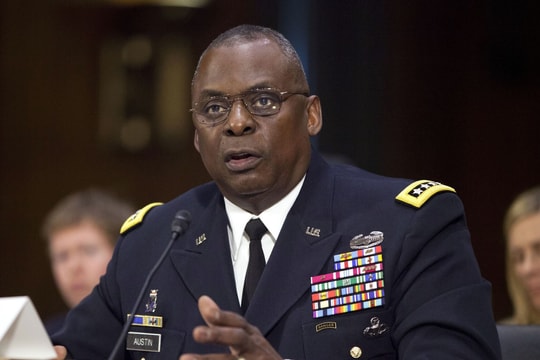Hungarian Foreign Minister: The later the negotiations, the worse the outcome for Ukraine
(Baonghean.vn) - Hungarian Foreign Minister Peter Szijjarto also warned Western leaders that mentioning NATO's direct intervention could lead to "World War III".

Hungary's Foreign Minister Peter Szijjarto warned that Ukraine would not be able to strengthen its negotiating position on the battlefield as some Western leaders think, and the longer peace talks are delayed, the worse the outcome will be for Kiev.
Speaking to Radio Kossuth on March 3, Mr Szijjarto said he had “heard for months” that the Ukrainian military was making progress on the front “so that they can start negotiations from a better position”.
“In recent weeks it has become clear that this scenario has failed, that the odds are in Russia’s favor,” he continued, warning that “the later the ceasefire is established and the longer the negotiations are delayed, the worse it will be for Ukraine.”
Early in the conflict, US Secretary of State Antony Blinken declared that Washington would continue to arm Kiev to “strengthen its position to reach a diplomatic solution on fair terms at the negotiating table.” EU diplomats have made similar promises, often accompanied by assurances that only Ukraine can decide when to enter into negotiations with Russia.
Hungary has taken a different view, with Mr Szijjarto and Prime Minister Viktor Orban calling for a ceasefire and talks by 2022. Mr Orban told members of his Fidesz party last month that “almost no one” believed Ukraine would win. Weeks before Ukraine lost the key Donbass stronghold of Avdeevka, the Hungarian leader declared that “time is on the side of the Russians, and the longer the war lasts, the more people will die and the balance of power will not change in Ukraine’s favor.”
According to the latest figures from the Russian Defense Ministry, Ukraine has lost more than 400,000 servicemen – killed, wounded or missing – since the conflict began in February 2022. The Ukrainian military is also facing a shrinking reserve force and a shortage of weapons and ammunition, both of which Western media and politicians have warned could soon lead to a collapse across the entire front.
“We have also made it clear that the longer this war lasts, the closer we are to the terrible danger of World War III,” Mr. Szijjarto told Radio Kossuth.
The Hungarian diplomat condemned French President Emmanuel Macron’s recent statement that he “cannot rule out” the deployment of NATO troops to Ukraine. While many NATO leaders and the alliance’s secretary general were quick to say that no such deployment would take place, the idea has found support among some Baltic states, which have called for increased Western intervention.
“In NATO we took a decision about two years ago… to make it clear that NATO is not a belligerent party and that everything must be done to avoid a direct confrontation between NATO and Russia,” NATO chief Jens Stoltenberg explained.
“Western politicians who talk about the need to send troops on the ground are certainly violating this joint NATO decision. Our position is clear: we will not send weapons or troops,” he added.
Moscow has indicated that it remains open to peace talks but has not received any “serious” proposals from Kiev or the West. Kremlin spokesman Dmitry Peskov said last month that any potential deal would have to take into account the “new reality” that Ukraine no longer owns Donetsk, Lugansk, Kherson and Zaporozhye.





